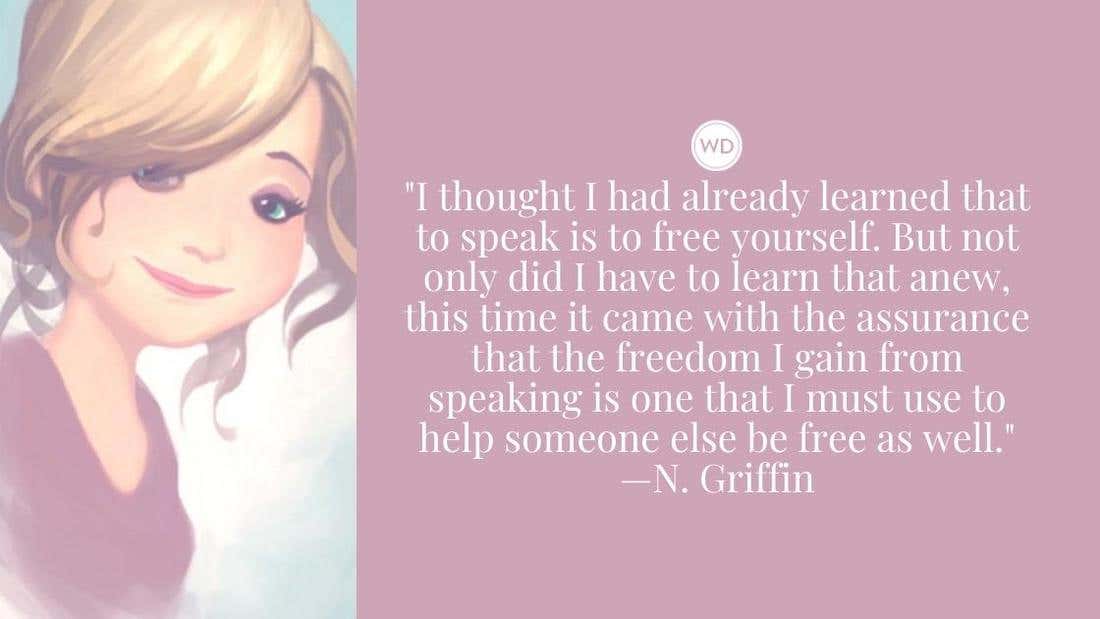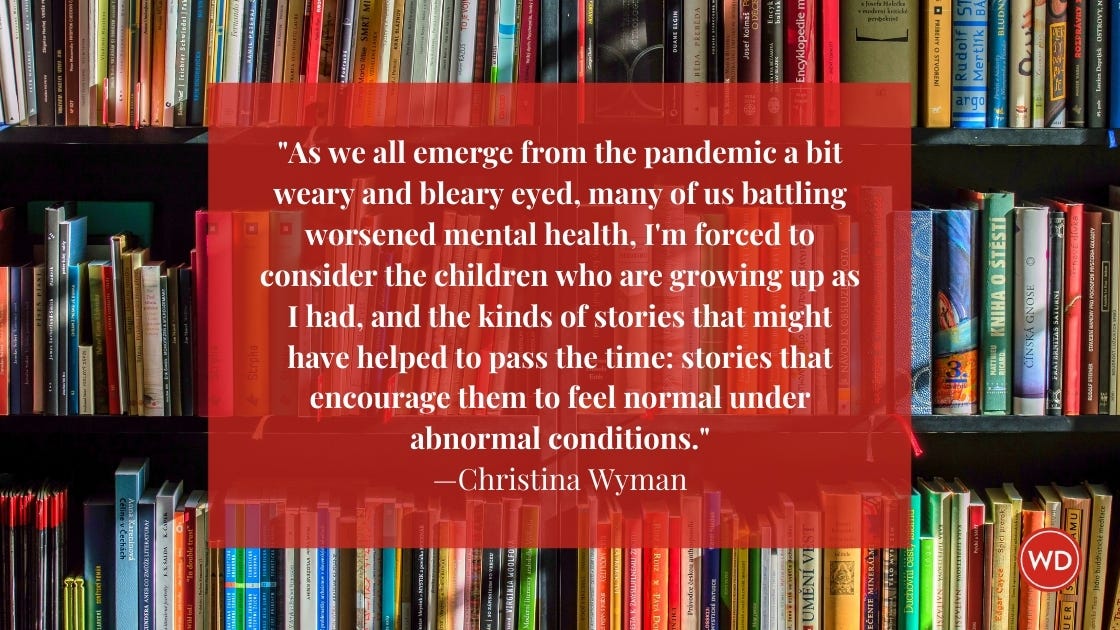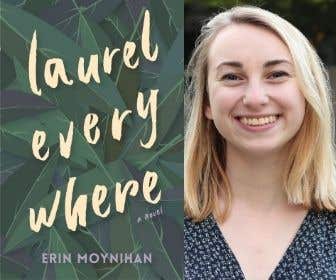Francesca Lia Block on Handling Challenging YA Subject Matter
Fairies, witches and genies-sounds like the makings of a child”s fairy tale, right? But what about a boy-crazy fairy who smokes? Or a witch who is a member of a Jane Mansfield cult? Or a genie who grants a wish so a teenage girl can live with her gay best friend and his lover? While books with such fantastical characters wouldn”t be targeted at young children, deciding whether to market them to an adult or a young adult audience poses a problem for their writer Francesca Lia Block an
Francesca Lia Block''s books, I Was a Teenage Fairy, Girl Goddess #9, The Hanged Man and her series Dangerous Angels, are lyrical tapestries of life in modern-day Los Angeles, magical realism, 80s punk subculture and Greek mythology. Because she appeals to a wide range of readers, determining her audience has been a difficult task since her first book, Weetzie Bat, was published in 1989. The first of her popular Dangerous Angels series, it was marketed as a YA novel. But Block says, "As much as I love my young audience, I did not write Weetzie Bat for that audience. I was thinking more of people in their early twenties."
In her early twenties herself when she wrote the book, Block says she used writing as a cure for homesickness while studying English Literature at Berkeley. "I would tell myself these stories as I was walking home from class. Weetzie was something I was doing for myself—a healing thing, taking me back to Los Angeles and the people I missed."
After college, Block gave her manuscript to a friend who sent it to Charlotte Zolotow at HarperCollins. "I was thrilled," says Block, "I loved her books as a girl, and she''s known for taking great risks successfully in the publishing of children''s books." Still with HarperCollins, Block''s current editor is Joanna Cotler, who worked on her latest book, Violet and Claire, as well as a book of modern fairy tales due out next year, with the working title Charm.
According to Block, working with these two prominent editors has been invaluable for her career. "They are brilliant editors," she says. "They really understand me in a deep, personal way. Joanna is wonderful because she encourages me to write whatever comes out. From there we figure out how to make it work."
For example, Block''s novel The Hanged Man, which deals with sexual abuse and eating disorders, presented a challenge to her editors. "It was definitely a dark, difficult subject for a YA book," says Block. "But Joanna said, ''I like this book. I want to try it. Let''s just see what happens.'' She took that chance even though it was before the times for YA publishing. It didn''t do very well, but it''s gotten my highest praise from readers of almost any book. You can get away with Weetzie Bat for 14-year-olds, but The Hanged Man is definitely for someone a little older or a very mature teenager." Her readers'' acclaim added to her editor''s support resulted in the book''s recent re-release in paperback.
Because bookstores often have a separate YA section, adults receive less exposure to her books. "People at readings come up to me to say I would never have read you if you hadn''t been recommended to me by a friend," says Block. Sensing her frustration, HarperCollins came up with a solution to this marketing dilemma. They repackaged the five novels in her Dangerous Angels series as a single collection. "We wanted the thickness and the great cover," explains Block. "I don''t think it have would made the Los Angeles Times Bestseller List if it was strictly a YA book. I try not to think of how marketing can affect sales too much because it takes me away from the reason I''m writing. At the same time, I want to reach the full audience, in particular the audience I intended Weetzie Bat for."
Nevertheless teens are drawn to phrases like "lanky lizards" and "slinkster cool" which inspire a feeling of confidance between Block and her readers. Young readers also relate easily to her characters like Witch Baby, who Block describes as "an anti-heroine who tears everything apart in order to bring it back together again" and Weetzie Bat who is "a sweet, maternal character who makes her own mistakes."
Still, critics of Block''s books claim she writes material that is inappropriate for teenagers. Such critiques reflect another difficulty of marketing books originally written for adults to teens, but Block believes her young readers are capable of handling subjects like sex, drugs and abuse. "I think the YA market has changed. Kids are exposed to so much more. I''m afraid to start thinking too much and then censoring myself. I want to produce a story that is as true as I can make it and never feel uncomfortable about the tone I take with these subjects. I hope any questions will be answered by the librarians, teachers, parents, the kids themselves. I think it is better for somebody to read about these subjects in a book rather than confront them in real life."
The written response to Block''s work proves that her YA readers are not only capable of handling mature topics. They also need books out there that deal with the real issues present in their daily lives. "The fan mail I receive brings me back to the real reason I''m writing—to express my feelings and to touch people," says Block. "The best thing is getting letters from kids feeling that it''s okay to be gay or like one from a woman who read The Hanged Man and said it changed her life by helping her deal with issues of abuse and seek therapy. And when I think about that stuff, I stop worrying about where the books are in the store. It doesn''t really matter."
Read more about the current edition of the Children''s Writer''s & Illustrator''s Market in the Writer''s Digest Bookstore.









